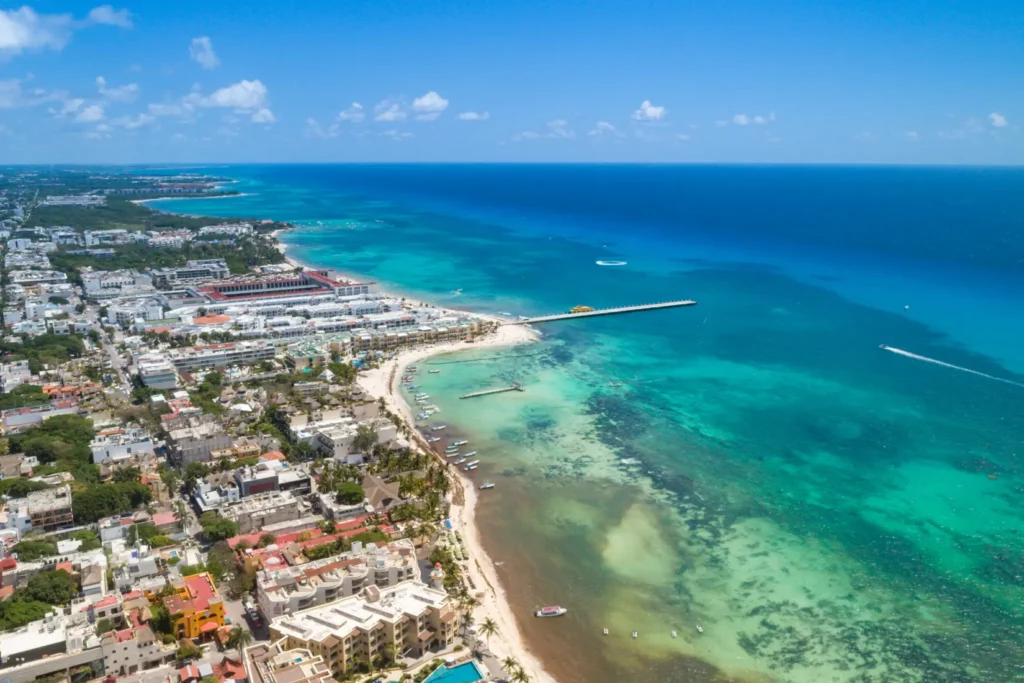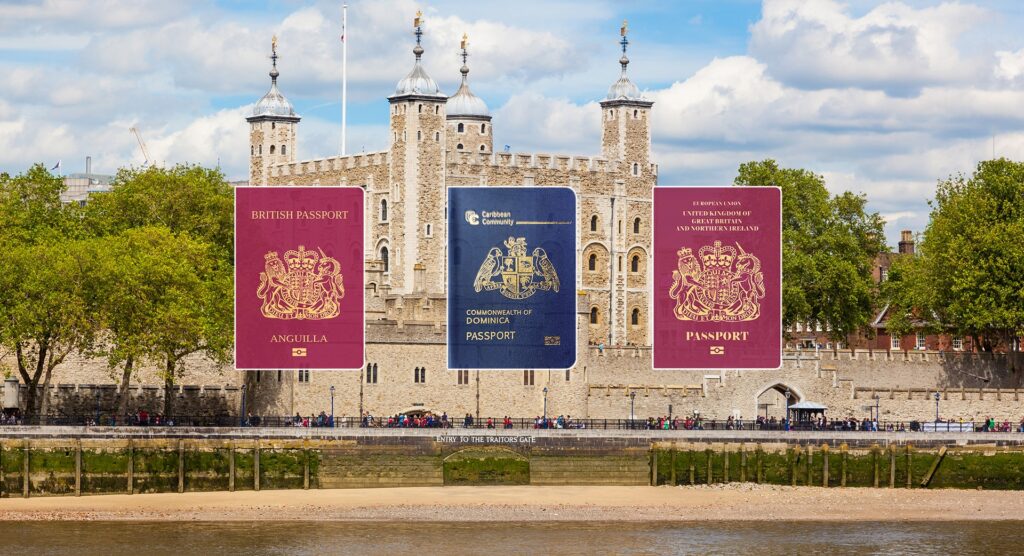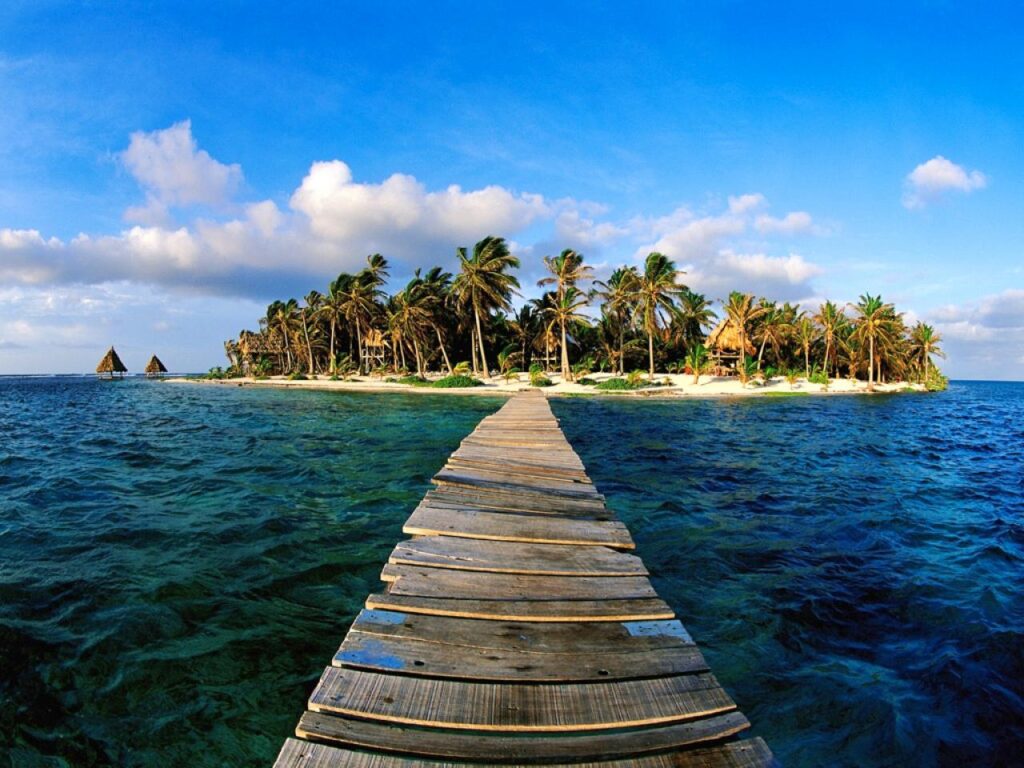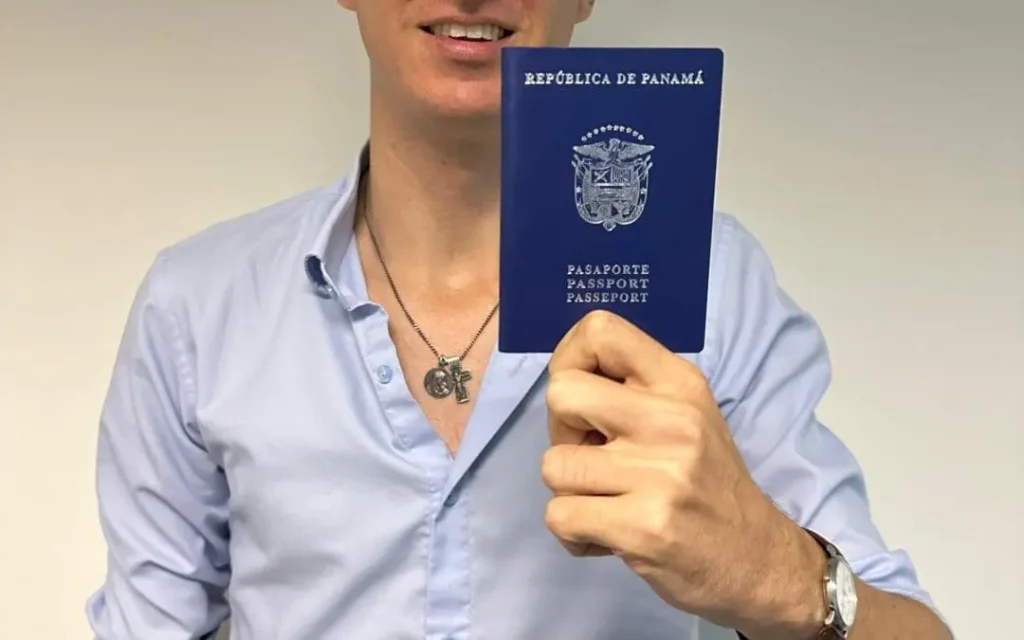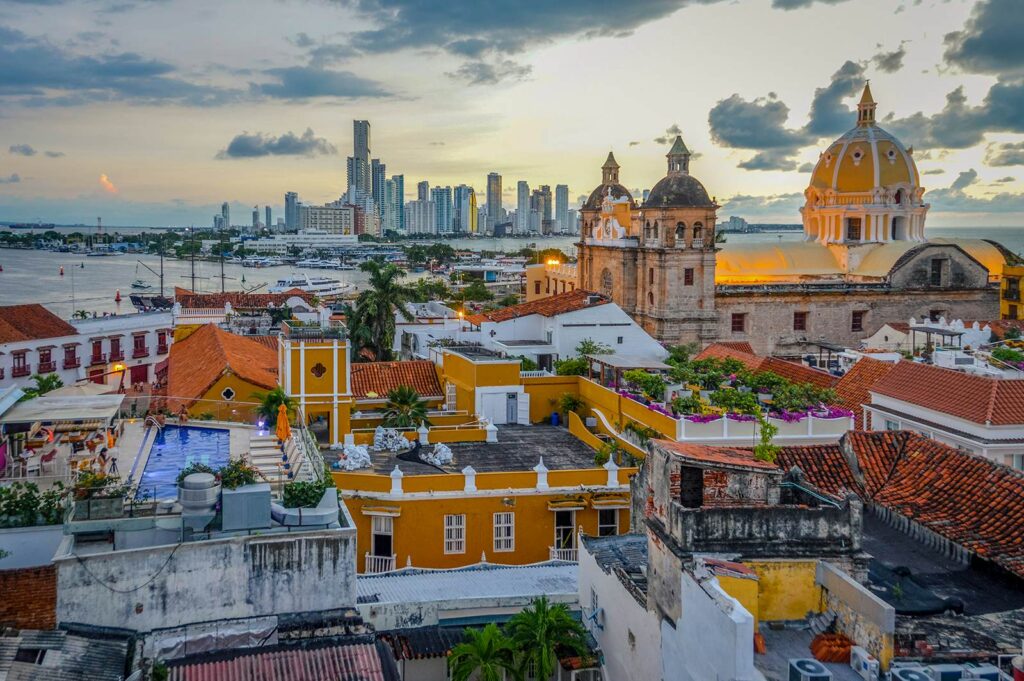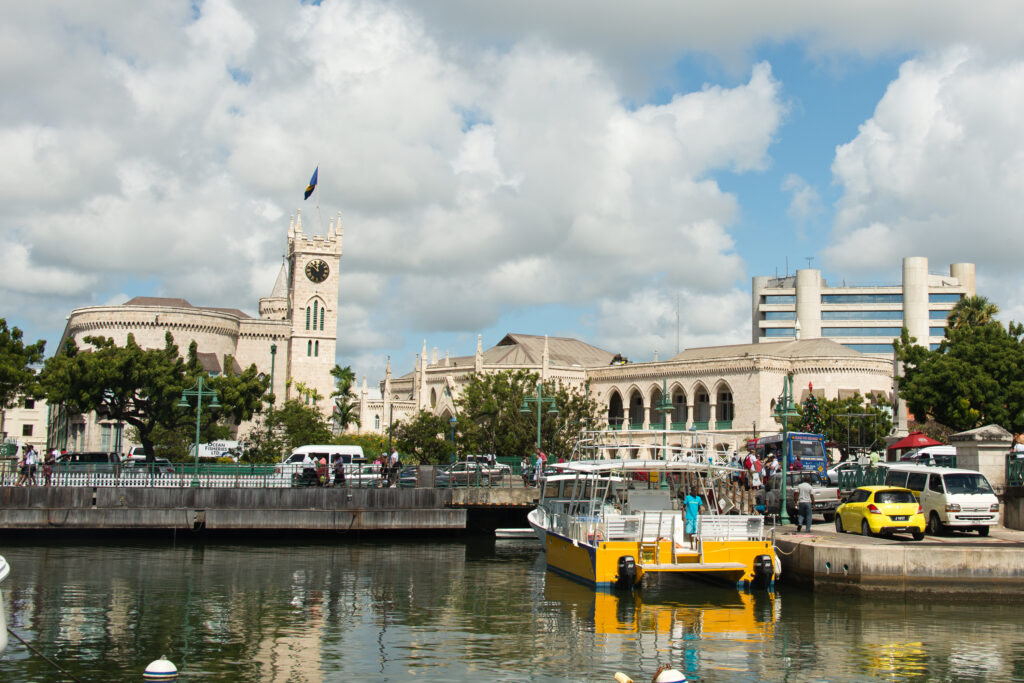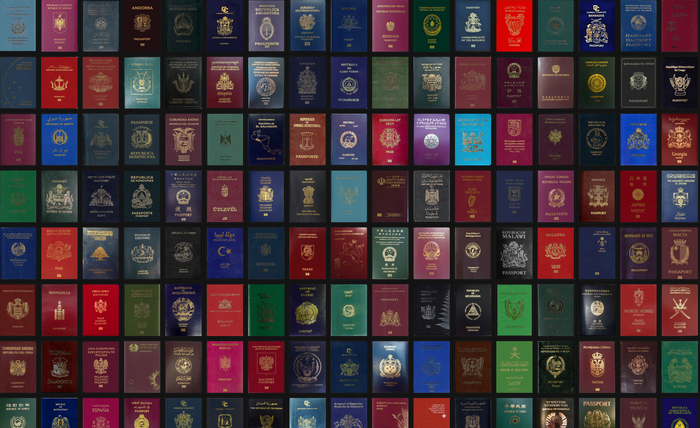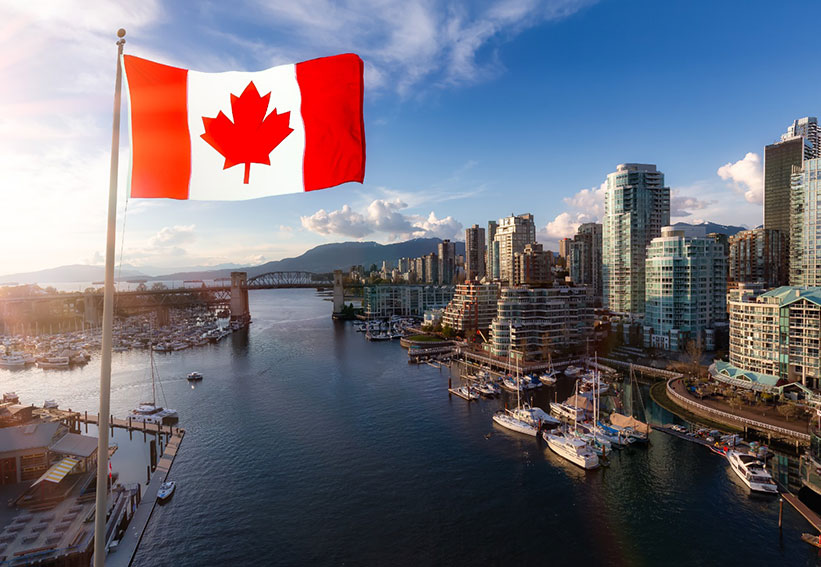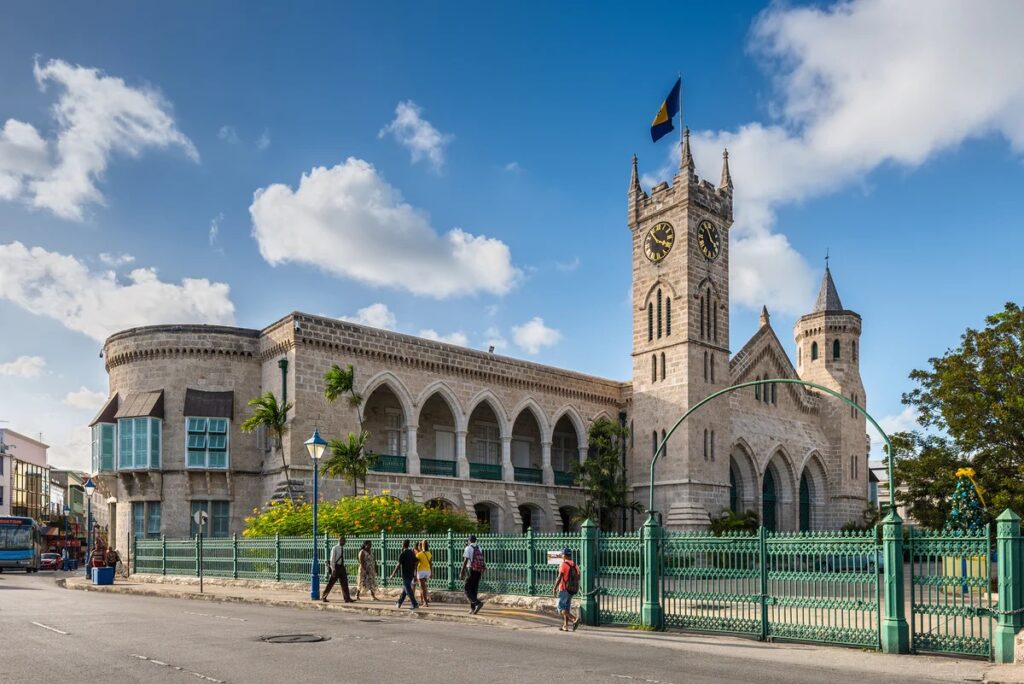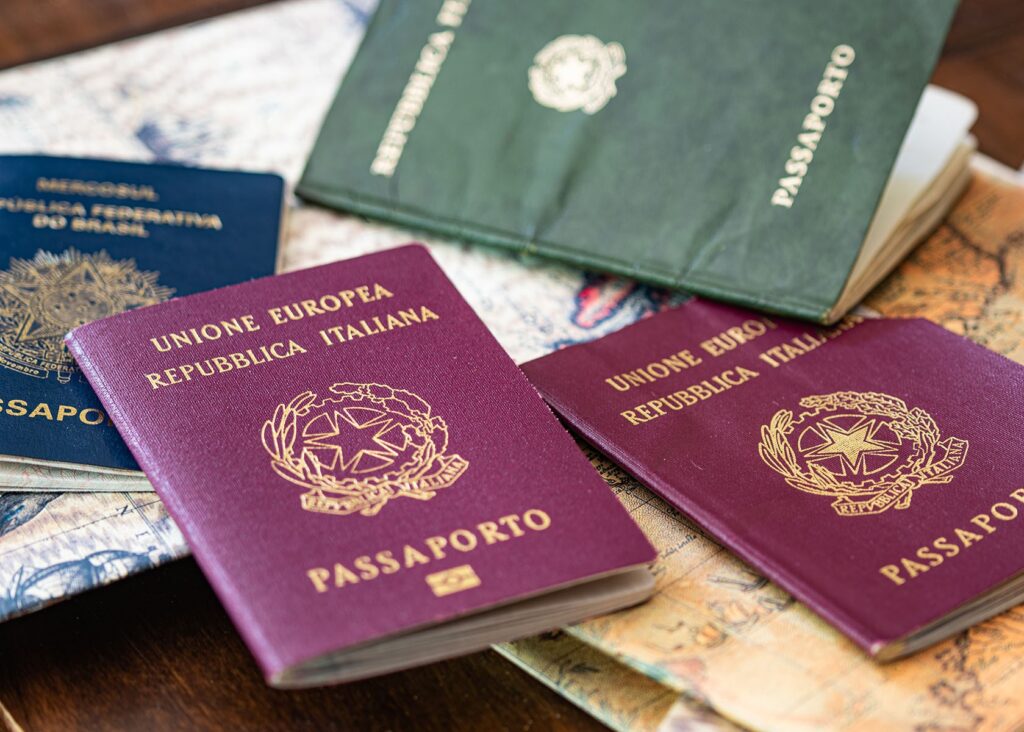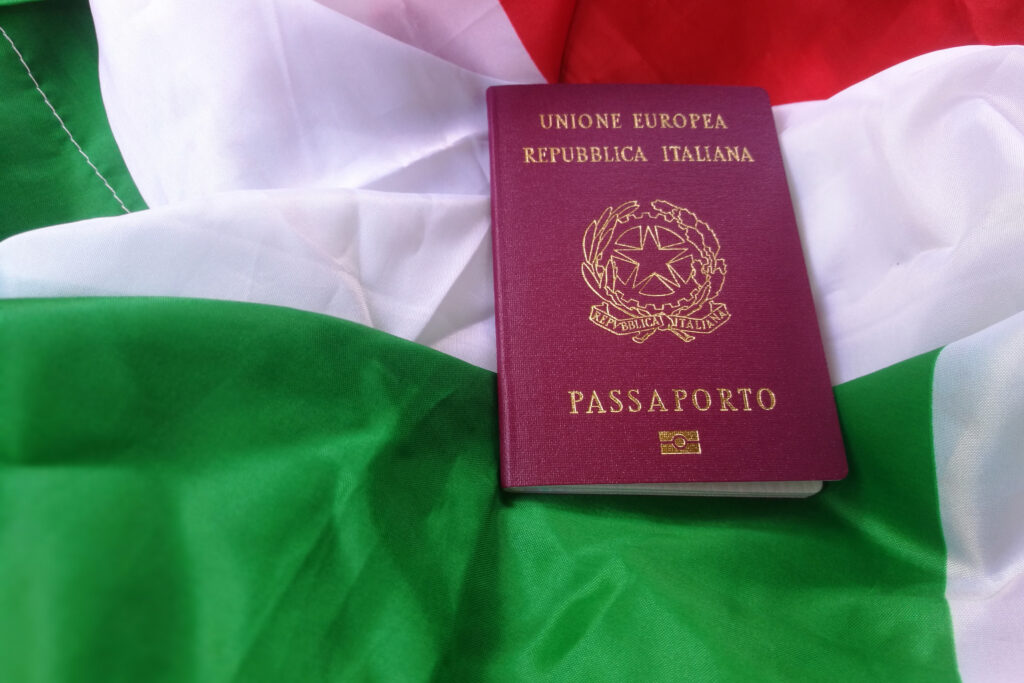Navigating the complexities of British citizenship in the Caribbean can be daunting, especially for individuals associated with British Overseas Territories. As a British Overseas Citizen (BOC), understanding the diverse pathways to acquiring full British citizenship is crucial, as it opens many opportunities and benefits. Naturalization, investment in overseas territories, and citizenship through descent are among these pathways. For investors and entrepreneurs, British Overseas Territories offer attractive residency through investment programs that not only provide a step towards residency but can also lead to obtaining a British passport—a valuable document that enhances global mobility and access. Additionally, the tax advantages in territories like the Cayman Islands or Bermuda are significant, featuring no direct taxation on income, capital gains, or inheritance, making these territories appealing for wealth preservation and growth.
The prospect of transitioning from BOC status to full British citizenship involves careful consideration of the legal and procedural nuances. Each territory provides unique investment opportunities that can eventually pave the way to a British passport, which offers substantial global travel freedoms and increases one’s eligibility for business opportunities and a stable socioeconomic environment. Whether living in the UK or abroad, those holding or aspiring for British Overseas Territories Citizenship must navigate complex requirements and regulations. This guide aims to provide a detailed understanding of the various avenues available—such as naturalization through prolonged residency, investment in economic development projects, or leveraging ancestral connections—to ensure you are thoroughly prepared to make the most informed decisions regarding your citizenship status and long-term personal and financial planning.
Overview
British Virgin Islands – British Overseas Territory
A British Overseas Citizen (BOC) status is part of the British Nationality framework established by the British National overall Nationality Act of 1981. If you hold the BOC status, you might experience certain unique rights and constraints regarding your residence and citizenship options. This status does not automatically confer the right of abode anywhere, including the United Kingdom.
As a British Overseason Citizen, your eligibility for British citizenship or residence largely depends on your individual circumstances, such as your birthplace, ancestry, and whether you have maintained significant ties with the UK. It’s crucial to discern that being a BOC does not inherently grant you the same rights or automatic entry to the UK as those held by full British citizens.
If exploring options to change your BOC status, you’ll need to carefully review the rules that govern the acquisition of British citizenship. Many candidates might find paths through ancestry, residence, or other links to the UK. Additionally, some British overseas territories, such as the Cayman Islands and the Turks and Caicos, offer residency programs that might eventually lead to citizenship including investment routes, which could align with your long-term personal or financial goals.
The guidelines and requirements for transitioning from a British Overseas Citizen to a full British citizen are complex and vary significantly by individual case. Before applying, consulting with legal or immigration experts can ensure that you fully understand your position and the steps you need to take. Visiting official portals like GOV.UK will provide authoritative guidance and current procedural details to help in making informed decisions regarding your citizenship status.
Rights and Restrictions of British Overseas Citizens
London, England, United Kingdom
Understanding your rights and restrictions as a British Overseas Citizen (BOC) is crucial if you hold this status. You might face unique challenges and limitations, which distinguish your situation from other categories of British nationality.
Right to Abode and Immigration
As a BOC, you don’t automatically have the right to live or work in the United Kingdom. This lack of automatic right of abode means you must apply for entry clearance if you decide to live in the UK. Given these restrictions, it’s essential to research and possibly seek legal advice before making travel or relocation plans.
Access to Consular Support
While you may not reside in the UK, as a BOC, the British government will still offer you consular assistance in foreign countries without a British diplomatic mission. This support can be invaluable during emergencies, proving that your status as a BOC comes with significant protective benefits.
Limitations on Transmission of Citizenship
Transmission of BOC status to your children isn’t straightforward. If you have children abroad, they don’t automatically receive BOC status unless you meet specific conditions. Understanding these rules can help you manage your family’s citizenship status effectively.
Pathways to British Citizenship
If you’re a BOC aiming for full British citizenship, you may have several legal paths available depending on your circumstances, such as residency or ancestry. Exploring these options will help clarify the process, although it often requires satisfying stringent criteria and navigating complex application procedures.
Recognising the boundaries and opportunities of your status as a British Overseas Citizen empowers you to make informed decisions about your future and your family’s prospects. Whether considering moving to the UK or securing your children’s nationality, awareness of your rights and restrictions is indispensable.
Benefits of British Overseas Territory Citizenship
Anguilla Citizenship through the Residence by Investment Program
Exploring the various benefits of holding British Overseas Territory Citizenship (BOTC) grants you insights into possible advantages across various fields including economic stability, freedom to travel, tax regimes, and a route to acquiring full British citizenship. These benefits are crucial, especially if you’re considering the impact of such a status on your future mobility, financial planning, and residency options.
Economic Stability and Safety
One of the primary benefits you’ll enjoy as a British Overseason Territory Citizen concerns economic stability and security. Territories such as the Cayman Islands and the Turks and Caicos Islands are renowned for their robust economies, underpinned by flourishing tourism and finance sectors. Their stable political climates, backed by the British governance system, ensure you enjoy a safe environment conducive to business and personal growth. Additionally, during global economic fluctuations, these territories tend to leverage their British affiliations to maintain relative economic stability compared to independent nations, making them safe havens during economic downturns.
Travel Privileges
Holding BOTC status significantly enhances your travel convenience to multiple countries. As a holder, you will possess the right to visit various countries without stringent visa requirements typically faced by non-commonwealth and non-British affiliated countries. Significantly, this includes ease of access to the UK and other EU countries. With this status, international travel becomes less burdensome, enabling you to capitalize on opportunities for both leisure and business worldwide more efficiently.
Tax Advantages
The narrative about tax benefits is particularly compelling. If you reside in territories like Anguilla or the Turk and Caicos, you might enjoy certain tax reliefs. Known as tax havens, such territories offer considerable tax incentives which include no direct taxation such as no income tax, capital gains tax, or inheritance tax. This favourable tax regime can be highly advantageous for your financial planning and wealth management, allowing you to retain and potentially grow your wealth more effectively.
Potential Path to British Citizenship
Acquiring BOTC is a significant milestone if you’re aspiring to become a full British citizen. Although BOTC does not automatically grant you the right to reside in the UK, it lays foundational eligibility for you to potentially naturalize as a British citizen, provided you meet certain residency requirements or additional criteria under specific circumstances. Pursuing full citizenship might be streamlined if you leverage the transitional provisions often afforded to BOTC holders during legislative adjustments concerning citizenship status.
Understanding these benefits helps you navigate your current status more effectively and plan strategically for any potential change you might wish to undertake regarding your British Overseas Territory Citizenship.
Misconceptions of British Overseas Territory Citizenship
UK Military Landing in the British Caribbean
Right of Abode in the United Kingdom
Contrary to popular belief, being a British Overseas Citizen (BOC) does not automatically grant you the right of abode in the United Kingdom. This status, largely historical, often requires individuals to undergo additional processes to reside permanently in the UK. You’ll find that only certain BOCs who have maintained substantial ties to the UK, such as those born or naturalised there, may have the right of abode. If you’re a BOC without such ties, you might need to explore other immigration routes, such as visas or citizenship applications, to live in the UK.
Right to Work and Study in the UK
Another misconception surrounding British Overseas Citizenship involves your rights to work and study in the UK. As a BOC, you don’t automatically have the right to work or study in the UK. Access to these opportunities is contingent upon your immigration status, which might require visas or specific permits. For instance, obtaining a student visa or a Tier 2 work visa would be essential for pursuing academics or employment in the UK. It’s crucial to understand that being a BOC does not equate to unrestricted access to the UK job market or educational institutions.
Restrictions on Voting and Public Funds
A commonly misunderstood aspect of British Overseas Citizenship is the ability to participate in public life in the UK. BOCs do not have the right to vote in UK general elections or access public funds like social security benefits, unless they acquire additional statuses or citizenship. This restriction aligns with the non-residential nature of the BOC status, emphasizing the necessity for BOCs to seek full British citizenship if they wish to engage fully in the UK’s civic duties and social benefits system.
Understanding these key aspects of British Overseas Territory Citizenship can help you navigate the complexities of your status and plan accordingly for your future engagements with the UK.
Caribbean Residence by Investment Programs
Georgetown, Cayman Islands, British Overseas Territory
Exploring the residence by investment programs in various British Overseas Territories offers substantial benefits for those aiming to enhance their global mobility and refine their investment strategies. These programs are especially tailored for high-net-worth individuals seeking favorable tax regimes and strong economic stability. Each program is designed to attract significant foreign investment by offering enticing incentives such as potential pathways to citizenship, tax advantages, and a secure political environment. These territories offer an appealing blend of lifestyle and economic benefits, making them attractive destinations for investors looking to combine a high standard of living with substantial financial opportunities.
Cayman Islands
The Cayman Islands’ Residence by Investment program is renowned for its straightforward and attractive conditions, primarily due to the absence of direct taxes and its stable political environment. Investors can obtain residency by investing in real estate or by contributing to a government fund. The minimum investment required usually starts at approximately 1 million USD, granting a residency permit which can be the first step towards obtaining citizenship. This pathway not only secures a luxury lifestyle but also offers significant financial advantages, including no capital gains or inheritance taxes, which can be particularly appealing for wealth preservation.
- Investment Requirement: $1.2 – 2.4 million USD
- Advantages: No direct taxes, political stability, potential path to citizenship, access to a high standard of living in a premier financial hub.
- Pathway to Citizenship: It is possible after 5 – 10 years of permanent residency under certain conditions, such as demonstrating substantial investment and integration into the Cayman community.
Bermuda
Bermuda offers a residency investment program that provides a Permanent Resident’s Certificate (PRC) to those who make substantial investments in real estate. While this investment does not directly lead to citizenship, it does allow investors to reside indefinitely in Bermuda, contributing to and benefiting from its stable and safe environment. The typical investment required is substantial, often ranging between $2.5 million to $5 million USD, depending on the specifics of the property and its location. Bermuda’s strategic location and reputation as a secure financial center make it a particularly attractive option for international businesspersons.
- Investment Requirement: $2.5 million to $5 million USD
- Advantages: Indefinite residency, high standard of living, stability, and safety in a well-regulated jurisdiction.
- Pathway to Citizenship: Citizenship is generally not directly attainable through investment alone; however, permanent residents may apply after 10 years of continuous residency, subject to stringent checks and the approval of the Bermuda government.
Turks and Caicos
The Turks and Caicos Islands offer a Residence by Investment program that allows individuals to obtain either a Temporary Residence Permit or a Permanent Residence Certificate through real estate investments. With a minimum investment usually set around $1 million USD, investors can enjoy the benefits of residency in a jurisdiction known for its beautiful landscapes and robust tourist economy. The program also offers significant tax advantages, such as no direct personal or capital gains taxes, enhancing its attractiveness as an investment destination.
- Investment Requirement: $750 – $1 million USD
- Advantages: Tax benefits, beautiful living environment, temporary or permanent residency options.
- Pathpassway to Citizenship: Investors can potentially transition to citizenship after holding a Permanent Residence Certificate for 5 years, provided they meet additional requirements regarding physical presence and investment in the local economy.
Anguilla
Anguilla’s program is appealing for its emphasis on privacy and asset protection. It allows investors to obtain residency through substantial investments in property or contributions to government funds. The investment requirement is typically around USD 750,000, which grants permanent residency. This status offers advantages like financial privacy and an attractive tax regime, making Anguilla a popular choice for those looking to benefit from an offshore financial center while enjoying an exceptional quality of life.
- Investment Requirement: $750,000 USD
- Advantages: Privacy, low taxation, permanent residency in a serene and beautiful locale.
- Pathway to Citizenship: While Anguilla does not currently offer a direct path to citizenship through investment, residents may apply for naturalization after residing on the island for more than 5 years, following legal and substantial connections to the territory.
- Annual Flat-Tax Option: Antigua offers an attractive flat-tax option for certain categories of residents, including non-nationals. This scheme allows eligible individuals to opt into a simplified tax structure where they pay a fixed $75,000 annual tax, regardless of global income.
Montserrat
Montserrat’s unique approach to investment focuses on sustainable development and the revitalization of the local economy, especially following past volcanic activities. Investors can support this growth by investing in local real estate or businesses, with investment thresholds typically starting around $400,000 USD OR as low as $150,000 USD for the donation route. This program not only helps fuel the island’s development but also offers a peaceful and enriching lifestyle away from the hustle and bustle of larger economies.
- Investment Requirement: $400,000 USD
- Donation Requirement: $150,000 USD
- Advantages: Contribution to sustainable development, peaceful living environment, residency permits.
- Pathway to Citizenship: Residency holders may apply for citizenship after 7 years of permanent residence, subject to meeting integration and investment continuity requirements.
British Virgin Islands
The British Virgin Islands (BVI) offer a residency by investment program that capitalizes on the territory’s economic stability and strong financial services sector. With a minimum investment of at least $1 million USD in approved property developments, investors can secure residency. This provides not just a pathway to enhanced personal wealth management but also potential access to BVI’s business-friendly environment, which includes advantages in tax planning and financial services.
- Investment Requirement: TBD
- Advantages: Economic stability, access to a robust financial services industry, potential tax advantages, and residency opportunities.
- Pathway to Citizenship: After 5 years of continuous residency and substantial economic contribution, investors may apply for citizenship, following the approval process that evaluates the applicant’s contribution to the economic and social fabric of the BVI.
Each of these programs provides a gateway to enhanced lifestyle and financial benefits and offers potential paths to citizenship, which can be a significant advantage for those seeking to extend their rights and privileges as global citizens.
Citizenship by Naturalization
Gaining British citizenship through naturalization is a complex process, yet it’s crucial for expanding your legal rights and privileges in the UK. If you’re a British Overseas Citizen (BOC), understanding the transition to fully-fledged British citizenship can significantly affect your future and that of your descendants.
Eligibility Requirements
To qualify for citizenship through naturalization, you must meet specific residency requirements. Typically, you need to have lived in the UK for at least five years before applying. During this time, your total days absent from the UK should not exceed 450. However, exceptions exist for those who might need to travel frequently due to work, such as merchant seamen or individuals in UK-based businesses needing frequent travel.
Special Provisions
Certain conditions can allow for excess absences if your circumstances are exceptional. For instance, if you’ve resided in the UK for two years without substantial absences immediately prior to the qualifying period, or three years for absences over 730 days, your application might still be considered. Additionally, if your travels were due to postings in Crown service under the Government of the UK or if you accompanied a British citizen spouse on an overseas appointment, these periods might also be discounted.
Applying as a British Overseas Citizen
As a British Overseas Citizen, your route to naturalization might have nuances, especially concerning your status transmission rights. Importantly, BOC status cannot generally be passed to your children unless in situations where they might otherwise be stateless. It’s crucial to clarify these details as they can significantly impact the strategy you choose for securing citizenship.
If you’re exploring your options, remember that territories like the Cayman Islands or Turks and Caicos offer residency through investment schemes, which might eventually lead to a pathway for citizenship. These options are tied deeply with economic contributions and certain lifestyle benefits, making them attractive for those seeking to leverage their investments into residency or citizenship statuses.
Understanding these pathways and their specific requirements ensures you’re well-prepared to navigate the complexities of naturalization as a British Overseas Citizen, thereby enhancing your prospects for a stable and secure future in the UK.
Citizenship by Descent
Understanding how British Overseas Citizenship (BOC) can transition to full British citizenship, specifically through descent, helps clarify the nuances of this complex process. Here’s a breakdown of the eligibility criteria and necessary conditions under the specified categories.
Eligibility for British Overseash Citizen Status
To qualify as a British Overseas Citizen, you must meet specific criteria primarily related to your birth or the status of your parents. Typically, BOC status is acquired if you are born in a location that did not facilitate gaining citizenship of the newly independent country at the time of decolonization or if you have a connection through your parents or grandparents who held CUKC (Citizen of the United Kingdom and Colonies) status. Understanding these criteria is crucial if you aim to pursue a pathway towards obtaining full British citizenship through descent.
Birth in a Qualifying Territory
If you’re born in a territory that historically came under British administration, you might be eligible for British Overseas Citizen status. Territories such as the Cayman Islands, previously a British colony, allow you to claim BOC status at birth, mainly if neither of your parents is a natural-born British citizen but has substantial ties to the UK. However, the specifics can vary, and it’s essential to verify if your birth territory is recognized within the parameters that allow eligibility for BOC status.
Dependent of a British Overseash Citizen
Being a child or a dependent of a British Overseas Citizen does not automatically confer BOC status to you. You must meet additional criteria which often involve living in a qualifying territory until a specific age or proving that your parents had retained their BOC status without acquiring the nationality of another country. It is imperative to provide ample evidence of your connection to a BOC holder, through birth certificates or legal documents like passports, to solidify your claim for BOC status under this category.
By navigating these facets of British Overseas Citizen status, you pave the way towards potentially acquiring full British citizenship by descent. Remember that each path possesses its unique set of rules and obligations, and it’s advisable to seek detailed guidance or legal advice to align with the specific requirements pertinent to your situation.
Applying for British Overseas Citizen Status
British Overseas Citizenship Application Process
Required Documentation
You must gather several crucial documents to support your application when applying for British Overseason Citizen (BOC) status. Essential paperwork includes your current passport or travel document, proof of your immigration status in the UK, and evidence of residence for the required period. Additionally, documents verifying your identity and nationality, such as a birth certificate or national identity card, are necessary. If applicable, include marriage certificates or legal documents showing a change of name or nationality.
Ensure all documents are original or certified copies. Translations must accompany any non-English documents, carried out by a professionally recognized translator.
Application Process
The process to apply for British Overseas Citizen status begins with completing the online application form available on the UK Government’s official website. Once you’ve filled out the form accurately, attach the required documentation.
You’re then expected to book an appointment at a visa application centre to submit your biometric information, including fingerprints and a photograph. After submitting your biometrics, mail your application along with the supporting documents to the address provided during your application process. Keep a copy of all documents for your records.
Processing Times and Fees
The processing time for British Overseas Citizen applications typically spans about 6 months, but this can vary depending on the complexity of your application or if additional information is needed. Applying well in advance is advisable if you have any deadlines or travel plans.
As for the fees, applying for BOC status requires payment of a non-refundable fee, which covers the processing of your application and biometric enrollment. Fees can vary, so it’s important to check the latest charges on the official website when you apply. Remember, additional costs may arise if you need to procure extra documents or official translations.
By understanding these aspects, you can ensure a smoother application process and contribute to securing your status as a British Overseas Citizen.
Conclusion
Tortola, British Virgin Islands – British Overseas Territory
Navigating the complexities of British Overseignty status can be daunting yet it’s crucial to understand where you stand and the steps you can take towards British citizenship. Whether you’re a British Overseas Citizen looking to transition to full citizenship or you’re exploring investment pathways in territories like the Cayman Islands, understanding the application process and eligibility criteria is key. Armed with the right knowledge and resources you’re well on your way to achieving your citizenship goals. Remember securing the correct documentation and familiarising yourself with the specific requirements of your status will streamline the process significantly.
Frequently Asked Questions (FAQ)
What does British Overseas Territories Citizen mean?
British Overseas Territories Citizen (BOTC) status is granted to individuals connected to one of the British Overseas Territories. BOTCs possess different rights compared to British citizens, especially concerning residency and work rights in the UK.
How can a British Overseas Citizen achieve full British citizenship?
British Overseas Citizens can obtain full British citizenship through naturalisation, provided they meet residency requirements, pass the Life in the UK test, and fulfil good character criteria. The process may vary slightly depending on individual circumstances and background.
What are the special provisions for British Overseas Citizens in British nationality law?
Special provisions for British Overseas Citizens typically include eligibility pathways for naturalisation and registration that account for historical nationality arrangements and treaties. These provisions often address anomalies arising from former colonial laws.
How does one apply for British Overseas Citizen status?
To apply for British Overseas Citizen status, one must typically provide documentation proving heritage or connection to a former British territory, fill out specific application forms, and submit everything to the UK Home Office. Fees and processing times depend on the complexity of the application.
What are the key benefits of holding British Overseas Territory Citizenship?
Holding British Overseas Territory Citizenship (BOTC) includes benefits such as the right to reside and work in the territory, consular protection by British embassies, and potential pathways to full British citizenship under certain conditions.
Can British Overseas Citizenship be passed through descent?
Yes, British Overseas Citizenship can often be passed to children through descent. Eligibility usually depends on the birth location of the child or the citizenship status of the parents at the time of the child’s birth, with specific rules governing these rights.
Learn More
Offshore Freedom™ is a boutique coaching and consulting firm that helps investors and entrepreneurs live and invest internationally. We help our clients grow their businesses, pay less taxes, buy more real estate, and take advantage of global residency and citizenship by investment programs worldwide.
Schedule a 1 on 1 consultation with Dan Merriam, and let us help you design the life of your dreams and live the Offshore Freedom™ lifestyle. Ask questions and get answers about international real estate, tax planning, offshore banking, second residencies, citizenship by investment, lifestyle design and more.
This article is for informational purposes only; it should not be considered financial, tax planning, investment or legal advice. Consult a certified financial or investment professional in your jurisdiction of interest before making any major financial or investment decisions.
Writer in Tax Reduction, International Tax Planning, Travel, Citizenship by Investment, The Caribbean, Living in the Caribbean, British Citizenship, Overseas British Territories, Anguilla Flat Tax, Cayman Islands Citizenship, Bermuda Citizenship, British Overseas Citizenship, Second Residence, Real Estate Investing, Asset Management, Lifestyle Planning, Countries with the Lowest Taxes, Company Formation, Offshore Banking, Asset Protection, Technology, Entrepreneurship


